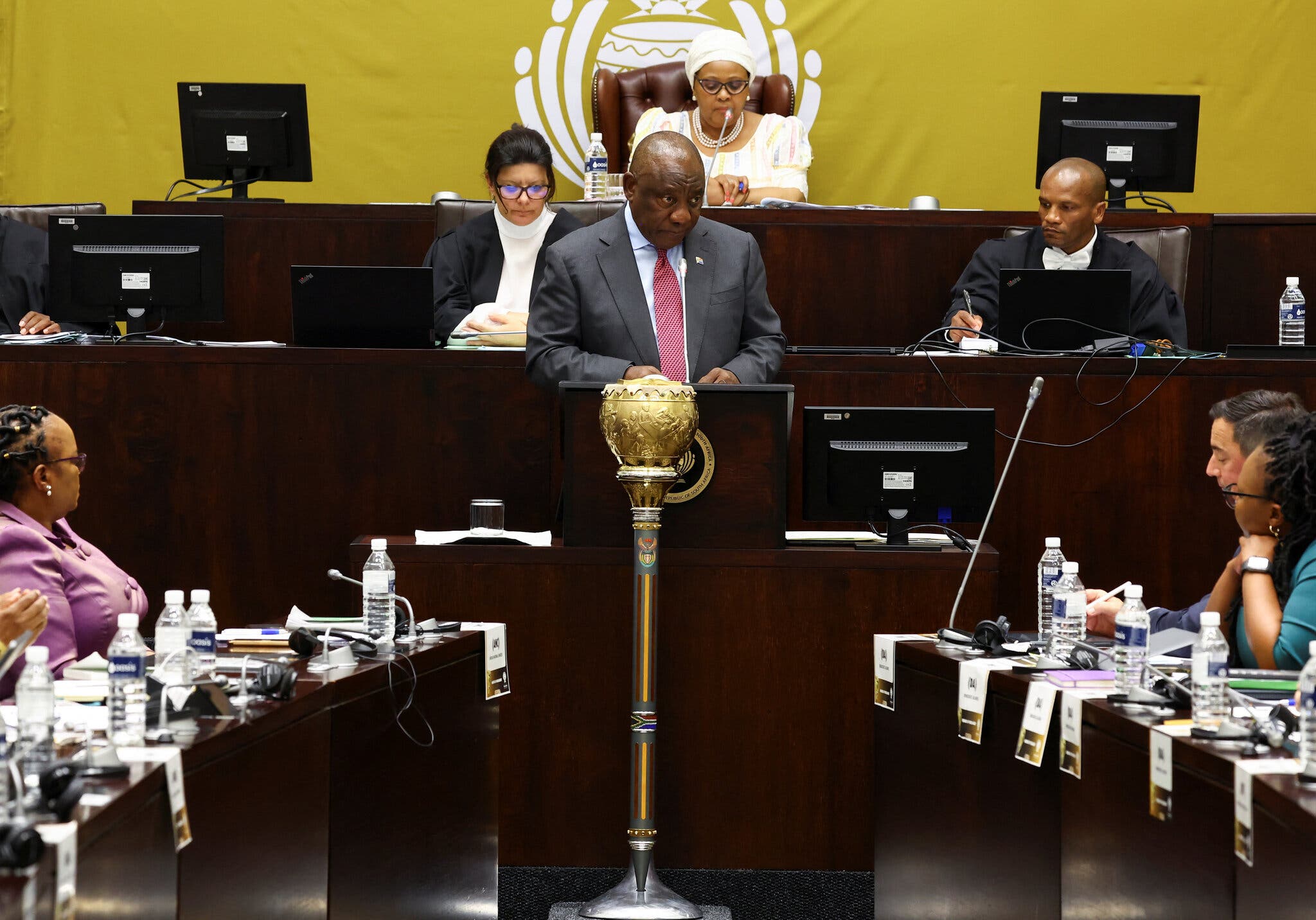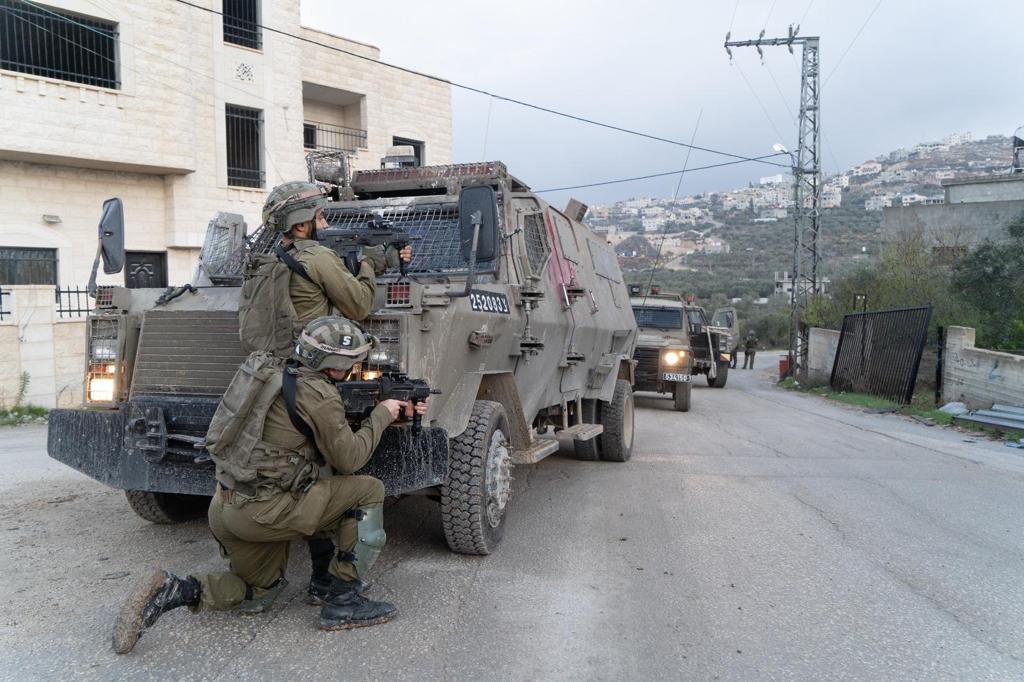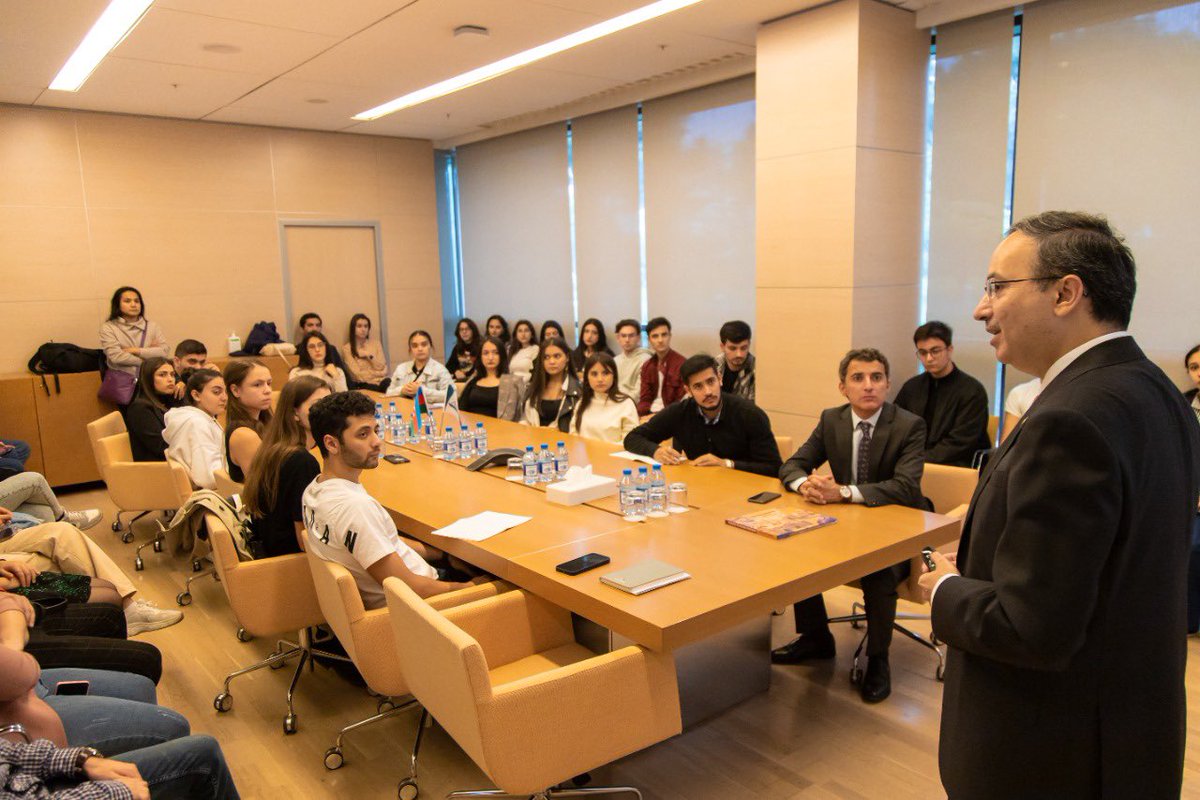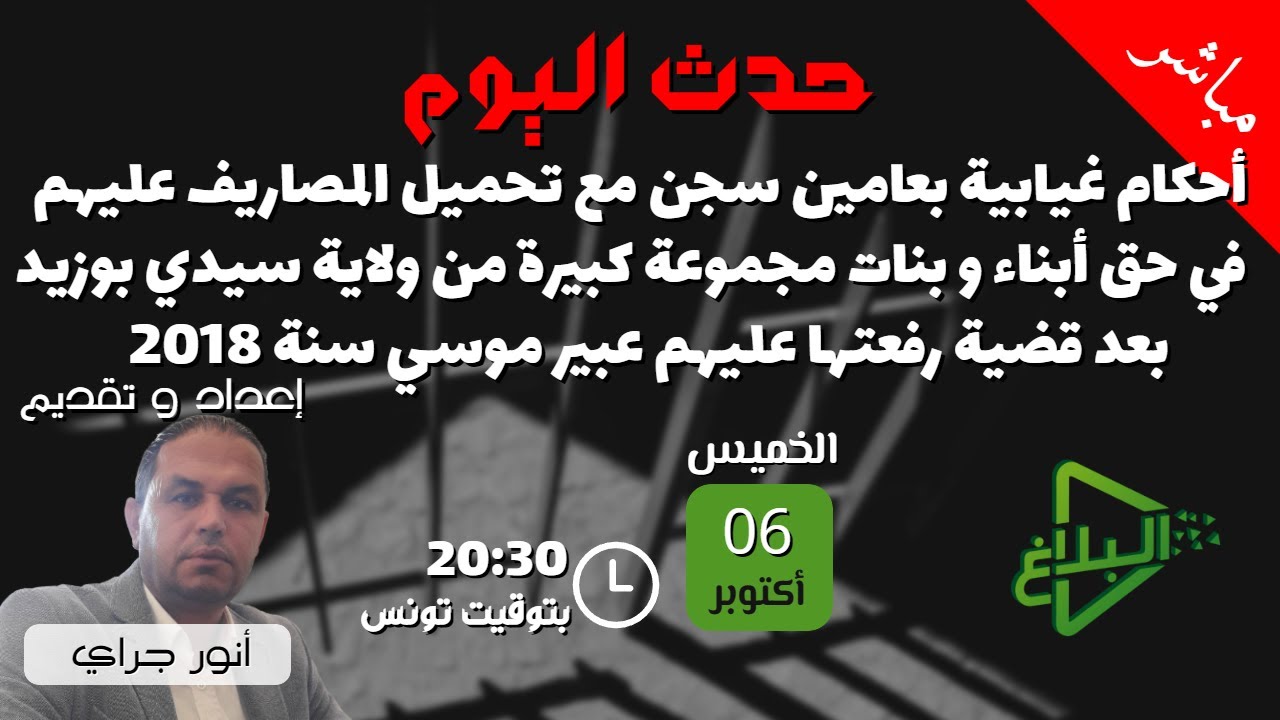South African President Ramaphosa Agrees To Form Apartheid Crimes Commission

Table of Contents
The Urgency for an Apartheid Crimes Commission in South Africa
The urgency for an Apartheid Crimes Commission stems from the countless unsolved crimes committed during the apartheid era. Decades after the official end of apartheid, numerous victims and their families remain without closure, justice, or redress for the suffering inflicted upon them. Existing legal mechanisms, while crucial, have proven inadequate to address the sheer scale and complexity of these historical injustices. The establishment of a dedicated commission offers a targeted approach, equipped to delve into the past and provide a platform for truth and accountability. Many victims still yearn for justice; the emotional and psychological wounds of apartheid persist, demanding attention. Reports indicate thousands of unresolved cases, ranging from murder and torture to forced removals and systematic discrimination.
- Victims' organizations have long advocated for a mechanism to address these injustices, persistently highlighting the inadequacies of current processes.
- The limitations of existing legal mechanisms, such as statute of limitations and challenges in accessing evidence, necessitate a dedicated body to investigate these historical crimes.
- A commission holds the potential to uncover new evidence, potentially through previously inaccessible archives, leading to prosecutions and the potential for further accountability.
The Mandate and Scope of the Proposed Commission
The exact mandate and scope of the proposed Apartheid Crimes Commission remain to be fully defined. However, it's anticipated that the commission will possess significant investigative powers, potentially including the capacity to subpoena witnesses and documents. The scope of inquiry will likely encompass a broad range of apartheid-era crimes, including:
- Murder: The extrajudicial killings of anti-apartheid activists and civilians.
- Torture: The systematic use of brutal methods to suppress dissent.
- Forced removals: The displacement of millions from their homes and communities.
- Political imprisonment: The incarceration of individuals solely for their political beliefs.
The commission's role in providing reparations to victims is also a critical consideration. Whether this involves financial compensation, symbolic gestures, or other forms of redress remains to be seen. Furthermore, the degree of international collaboration and the potential involvement of international experts will significantly influence the commission's effectiveness. The process for receiving and investigating complaints will likely be transparent and accessible, ensuring fair treatment for all involved.
Challenges and Obstacles in Establishing and Operating the Commission
The path towards establishing and effectively operating the Apartheid Crimes Commission will undoubtedly present numerous challenges. These include:
- Political resistance: There may be political opposition from those who seek to avoid accountability for past actions. Overcoming this necessitates a strong political will and public support.
- Resource constraints: Adequate funding and human resources will be essential for a thorough investigation.
- Witness protection: The safety and security of witnesses who may come forward with crucial evidence are paramount. Robust witness protection programs are critical.
- Legal complexities: Jurisdictional issues, statute of limitations, and evidentiary challenges may create significant hurdles. International legal expertise may be necessary to navigate these complexities.
Potential Impact on South Africa's National Healing and Reconciliation
The success of the Apartheid Crimes Commission hinges on its capacity to contribute to national healing and reconciliation. Addressing past injustices is fundamental to building a more equitable and just society. The commission's work will not only focus on legal accountability but also on facilitating:
- Truth-telling: The commission’s findings can help establish a more accurate historical record, ensuring that the truth about apartheid-era atrocities is acknowledged.
- Restorative justice: Beyond criminal prosecutions, the commission might explore alternative mechanisms for reconciliation, offering avenues for healing and forgiveness.
- Addressing intergenerational trauma: The psychological impact of apartheid extends across generations. The commission's work can help address this ongoing trauma.
The long-term social and political implications of the commission’s findings will be far-reaching, shaping South Africa's national identity and its approach to transitional justice.
Conclusion
President Ramaphosa's decision to establish an Apartheid Crimes Commission represents a crucial step towards justice and reconciliation in South Africa. While challenges undoubtedly lie ahead, the potential for the commission to uncover the truth, hold perpetrators accountable, and foster national healing is immense. The commission offers a vital opportunity to address the unresolved wounds of the past, paving the way for a more just and equitable future for all South Africans. Learn more about the Apartheid Crimes Commission and its vital role in South Africa's journey towards justice.

Featured Posts
-
 Xrp Price Prediction Analyzing The Future Value Of Ripples Digital Currency
May 01, 2025
Xrp Price Prediction Analyzing The Future Value Of Ripples Digital Currency
May 01, 2025 -
 Palestinian Journalist Detained In West Bank Raid
May 01, 2025
Palestinian Journalist Detained In West Bank Raid
May 01, 2025 -
 Star Wars Shadow Of The Empire Dash Rendar Figure Released By Hasbro
May 01, 2025
Star Wars Shadow Of The Empire Dash Rendar Figure Released By Hasbro
May 01, 2025 -
 Recordatis M And A Approach Navigating Tariff Volatility In The Italian Pharmaceutical Market
May 01, 2025
Recordatis M And A Approach Navigating Tariff Volatility In The Italian Pharmaceutical Market
May 01, 2025 -
 Mqbwdh Kshmyr Eyd Ke Mwqe Pr Bharty Mzalm Nwjwan Shhyd
May 01, 2025
Mqbwdh Kshmyr Eyd Ke Mwqe Pr Bharty Mzalm Nwjwan Shhyd
May 01, 2025
Latest Posts
-
 Cau Chuyen Cam Dong Cua Dai Su Tinh Nguyen Tien Linh Tai Binh Duong
May 01, 2025
Cau Chuyen Cam Dong Cua Dai Su Tinh Nguyen Tien Linh Tai Binh Duong
May 01, 2025 -
 Hkm Qdayy Yudyn Ryys Shbab Bn Jryr
May 01, 2025
Hkm Qdayy Yudyn Ryys Shbab Bn Jryr
May 01, 2025 -
 Offense Struggles Despite Skenes Effective Pitching
May 01, 2025
Offense Struggles Despite Skenes Effective Pitching
May 01, 2025 -
 Incredibile Rimonta Della Flaminia Dalla Quinta Alla Seconda Posizione
May 01, 2025
Incredibile Rimonta Della Flaminia Dalla Quinta Alla Seconda Posizione
May 01, 2025 -
 Tien Linh Hinh Anh Dai Su Tinh Nguyen Binh Duong Tieu Bieu
May 01, 2025
Tien Linh Hinh Anh Dai Su Tinh Nguyen Binh Duong Tieu Bieu
May 01, 2025
